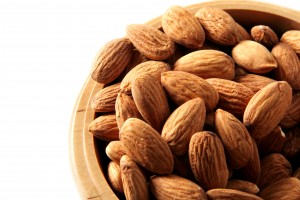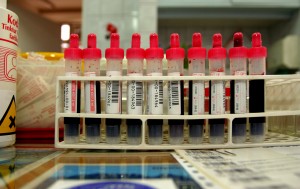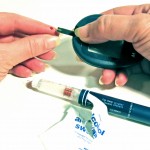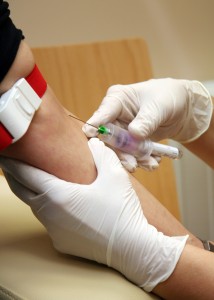Foods to Help You Lower Your Cholesterol
Sunday, March 7th, 2010 If you have high cholesterol, you are undoubtedly aware that there are many foods that you should avoid. You may be less aware of foods that can help you lower your cholesterol naturally. The following is the short list of powerful cholesterol-fighting foods:
If you have high cholesterol, you are undoubtedly aware that there are many foods that you should avoid. You may be less aware of foods that can help you lower your cholesterol naturally. The following is the short list of powerful cholesterol-fighting foods:
Soy- the American Heart Association has stated that soy does not significantly reduce LDL cholesterol (although it does slightly reduce it); however, soy has less saturated fat than meat does, so it makes sense that incorporating more soy into your diet can help you reduce your cholesterol.
Oatmeal- oatmeal contains water-soluble fiber, which is thought to bind to cholesterol molecules in the bowel and transport it out, allowing less cholesterol to be absorbed into the blood stream. However, instant oatmeal may contain sugar and other less desirable ingredients, so the oatmeal you prepare yourself is likely better for you.
Fish- Fatty fish, such as tuna, salmon, herring and mackerel, contain high levels of omega-3 fatty acids, which have heart-healthy benefits. When using fish as part of a healthy diet, preparation is the key: fish should be broiled or baked, rather than deep-fried or covered in sauces. You should aim for at least two servings a week.
Nuts- Certain nuts, such as walnuts, almonds, pecans, hazelnuts and pistachios, are high in fiber, monounsaturated fats, antioxidants, protein and minerals. An ounce per day can be included in your diet to help lower cholesterol. A note of caution: avoid eating large amounts of nuts that are salt-covered; also, nuts are very high in calories.
Pre-Lipid is an all-natural botanical formulation that can be used in conjunction with a healthy diet to lower your cholesterol naturally and safely.







